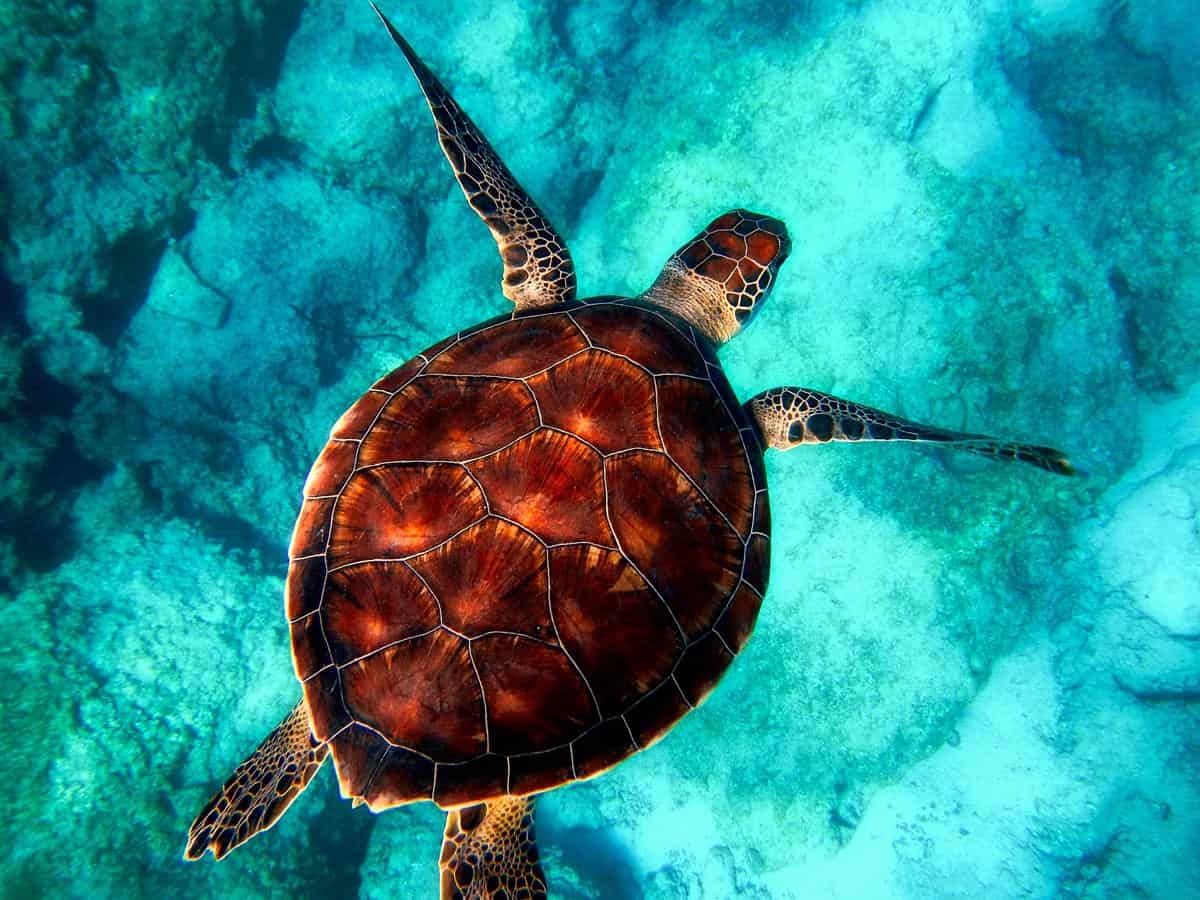 Food waste, sourcing food and responsible destination experiences continue to be three of the biggest challenges that sustainable meetings face.
Food waste, sourcing food and responsible destination experiences continue to be three of the biggest challenges that sustainable meetings face.
The World Wildlife Fund is building on its long-held commitment to environmental sustainability and inching its way into meetings and events through a number of partnerships within the hospitality industry. Last year, the WWF locked arms with The Rockefeller Foundation and American Hotel & Lodging Association (AHLA) for a 12-week pilot program on food waste that mustered support from Hilton, Hyatt, the InterContinental Hotels Group, Marriott International, Hershey Entertainment & Resorts, Sage Hospitality and Terranea Resort. Programs addressed critical steps in the food waste supply chain while highlighting The Rockefeller Foundation’s YieldWise initiative, which aims to reduce post-harvest food loss and halve the world’s food waste by 2030.
Research conducted by the WWF has shown a strong need for industry-wide training and education on food waste reduction at hotels, as well as the overall lack of tracking and measurement of food waste. Katherine Lugar, president and CEO of AHLA, has stated that the pilot programs offer a unique opportunity for hotel brands to step up to the plate and lead the charge on hotel food waste. “The participation of some of America’s largest brands in these pilot programs also underscores the industry’s long-term sustainability commitments.”
Full Speed Ahead
Royal Caribbean Cruises Ltd. also launched a 5-year partnership with the WWF that has set measurable sustainability objectives that will reduce Royal Caribbean’s environmental footprint, bring conservation awareness to passengers and support the WWF’s global oceans conservation work. The project will reduce RCL’s carbon emissions by 35 percent in the next two years, reprioritize key food commodity categories by taking into consideration environmental impact, give preference to tours that are Global Sustainable Tourism Council-certified, increase sustainable seafood sourcing to 90 percent, and eliminate the procurement of highly vulnerable species identified by WWF.










